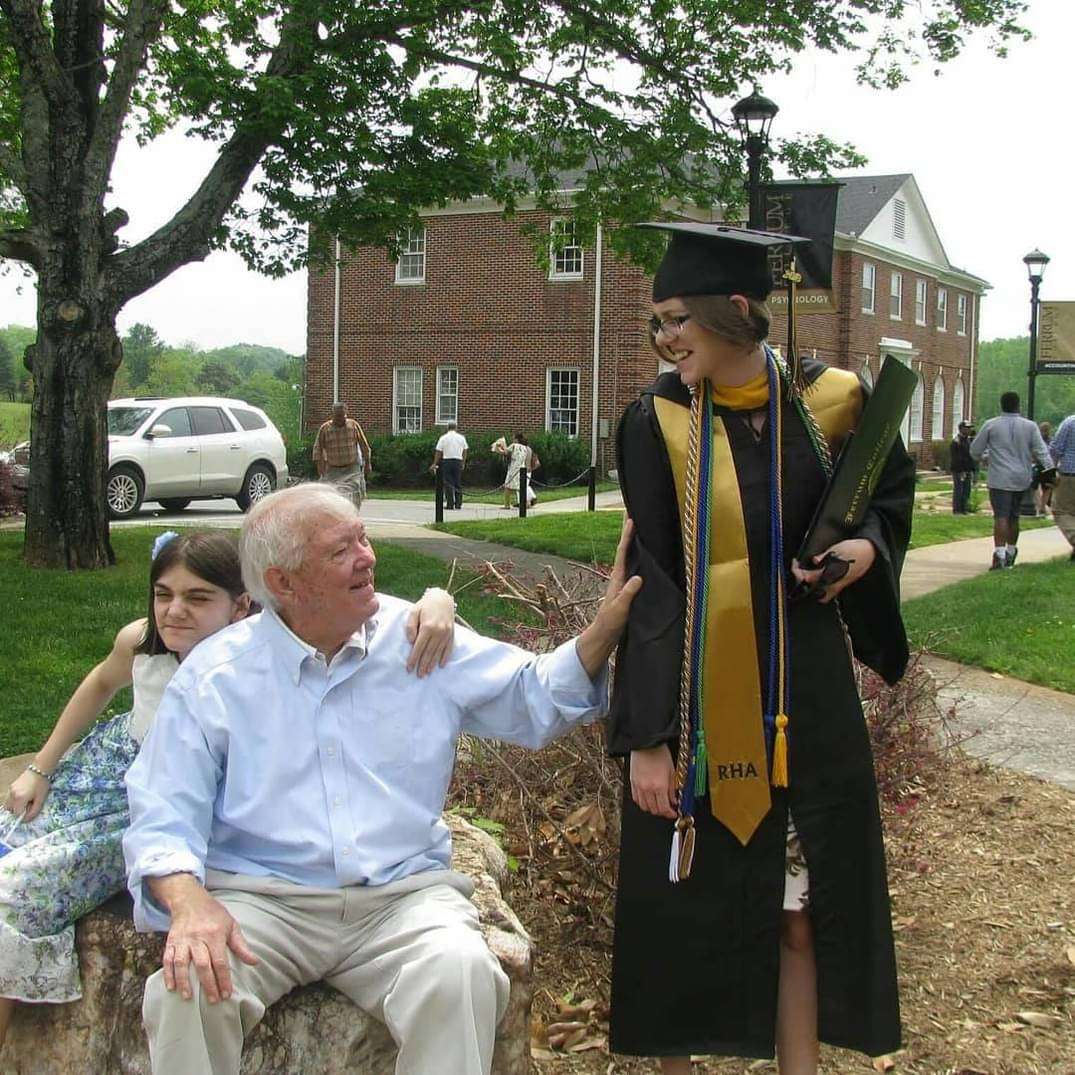Recently, when visiting my grandmother, I came across a little Ziploc bag in a cabinet.
Inside was a faded, yellowing pamphlet. It was a piece of propaganda had been airdropped on North Korea during the Korean War that my grandfather had picked it up as a souvenir.
The text was a bizarre synthesis of American jingoism and Christianity, encouraging the North Koreans to turn on their Communist allies that holiday season in order to find peace and happiness.
I couldn’t believe what I was seeing. The experience was surreal. Reading about history in books and talking about it in classes was good for learning about events and their consequences, but this had personalized it.
Holding in my hand the same pamphlet that some confused North Korean had held in his or her hand 60 years ago made it a little easier to comprehend that the Korean War actually happened. This was far from listing battle names, far from cold analysis; this was one little artifact that forced me to consider some faraway conflict as a real event.
This doesn’t happen very often in human society. For a long time, history was mainly an oral tradition which was used less for keeping records and more for deifying past achievements. Even after history became more of a serious discipline dedicated to recording human events it was difficult to know if you were getting the full story.
To follow the old cliché: history is written by the victors, and the losers are probably dead, making it nearly impossible to get their side of the story.
Thus, for a long time history has been extremely hard to relate to for most people. You can hear the story of Beowulf in your Mead Hall, or hear about George Washington chopping down a cherry tree in your kindergarten classroom, but you most likely aren’t going to feel a real, human connection to either.
This has been changing gradually for years, and (in a large part thanks to an evolving media), history and current events have begun to seem less like legends. This becomes apparent by looking at the office of the president.
Television made Richard Nixon look like a sweaty mess in his presidential debate against John F. Kennedy; Woodward and Bernstein made him look like a crook during Watergate. The whole world watched as Bill Clinton was forced to tell Congress that he did not have sex with that woman.
All of this contributed to changing the perception of presidents and politicians in general, from above–the–fray delegates of the people into debauched criminals and pathological liars. Deification and disconnection are no longer possible.
The biggest change, and the change that is most noticeably occurring, is thanks to the Internet. The Internet allows for constant, immediate commentary. What once might have been forgotten or barely touched upon, such as Sarah Palin using buzz word crib notes at a Tea Party convention a few weeks ago, goes viral.
Video and pictures spread all over the world, and a huge, largely anonymous audience gets to ridicule a prominent political figure in a way that, fifty or sixty years ago, would be unthinkable.
On a more serious note, the use of Twitter in the post–election protests in Iran was entirely unprecedented. When the state–run media was suppressing all coverage of the protests, protestors used Twitter to get the word out about their activities. This allowed the people to get around the state–controlled media and say what they wanted, unfiltered.
So much for history written only by the victors: anyone and everyone could tell their story.
On top of this, it clued in the rest of the world to what was happening.
The news media ran some stories about the protests, but what was most interesting was that due to these posts, a huge wave of support came out of the United States, especially from young people. Not only was there a sudden interest in the affairs of a foreign country, but people actually connected to a group of protestors halfway around the world as human beings.
It was like finding that propaganda pamphlet at my grandmother’s house. People realized that history and current events are more than just nations, dates, and battle names: there is a human element in every action.
What’s most amazing, however, is that people won’t have to search through their grandparents’ cabinets in the future to learn anything about history. They won’t have to go to museums. Most of what’s on the Internet will be preserved for posterity. Thus, the Internet is not just a delivery vehicle for videos of dogs riding skateboards. It is an invitation to all people to tell their story, to shed light on their culture, and to contribute to the fullest understanding of humanity we have ever had the chance to create.
No longer will people have to feel this profound disconnect with other cultures, with times outside their lifetimes, or with civilization in general. The era has come where everyone can take part in writing history, and everyone can consume it, and that is extremely exciting.
It’s difficult to say where things will go from here. Technology is always changing, and new opportunities are always popping up.
The important thing, though, is not to think so much about the future. Instead, we should acknowledge that, thanks to the Internet, our position in history is unprecedented and incredible.
We are living in marvelous times, and it is up to us to realize our potential.





